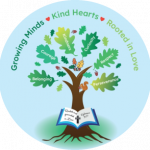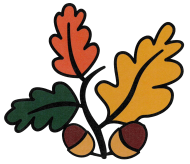“Growing Minds, Kind Hearts, Rooted in Love”

Our Curriculum
Subject Areas – Geography Vision
Note: For 2024-25 we are currently on Year B

Intent
Implementation
At Worlingham CEVC Primary school, our Geography curriculum is planned based on the National Curriculum. Each topic is carefully mapped out through the year groups, sequenced with a progression of knowledge, vocabulary and skills.
Geography is taught as a discrete subject, but naturally complements some of the children’s history learning too. If appropriate, we plan for these areas to support one another, helping to deliver more cohesive and interlinked learning for the children.
We structure learning in geography through big question led enquiries about relevant geographical topics, places and themes. Our curriculum is therefore ‘knowledge rich’ rather than content heavy as we recognise that if we attempt to teach geographical topics, places, themes and issues in their entirety, we will create a very shallow learning experience for our pupils.
Through enquiry our learning and teaching in geography is interactive and practical, allowing opportunities for pupils to work independently, in pairs and also in groups of various sizes, both inside and outside of the classroom. Learning activities are very varied to ensure that all pupils have opportunities to demonstrate their strengths and build on what they know and understand from one year to the next, to ensure that the learning is embedded.
Children are continually assessed focusing on the breadth of their learning, and more importantly, on the depth of their learning. Teachers will continually assess the acquisition of skills and knowledge throughout each session and will reinforce, support or challenge pupils accordingly to deepen their understanding and master techniques. As the children move through each year group, class teachers assess the children against the end of unit outcomes for each topic.
The main method of gathering evidence and assessing achievement in geography is made through a continuous process of teacher observation. This is an informed assessment based on knowledge of the pupil and the content of their work. Other formative assessment used includes:
- Observing children
- Live feedback
- Effective questioning
- Probing and quizzing
- The big question asked at the start of the topic to see what the children already know, and then again at the end of the topic to check the children’s understanding and for any misconceptions.
Fieldwork is integral to good geography teaching. We include as many opportunities as we can to involve children in practical geographical research and enquiry within every year group’s curriculum.

